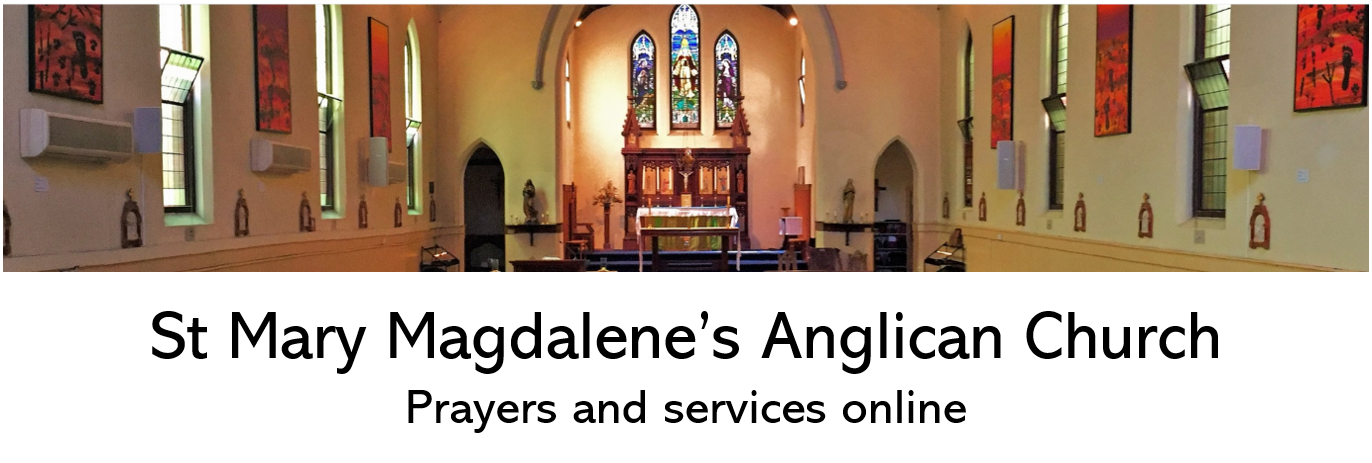Hope is a deeply inward grace
Hope is a deeply inward grace, perhaps our most basic and grandest resource. It is also a deeply communal act, when we know that “there is help on the outside of us”. For if it were an entirely inward resource, the implication would be that we all we need do is tap into it – like telling a depressed person to snap out of it.

….hope comes to life as a prisoner accepted his imprisonment, affirmed the barbed wire, and in this situation discovered the real human being in himself and others. It was not at his release but even while in prison that the “resurrection of the dead” happened for him.
Jurgen Moltmann
Captivity had recreated freedom for us, Not a freedom outside us…. but… within ourselves.
Brian Keenan, a Beirut hostage
[God] is mindful of our aspirations,… He has given us the means to save us from ourselves…. we are not wrong to dream, wish and work for a better world.
Jonathan Sacks

Solzhenitsyn, like so many, discovered that it was only when he lay on rotting prison straw that “I sensed .within myself the first stirrings of good”. Then he could look back on the years and say “Bless you prison”.
Nelson Mandela, for our generation, is a great symbol of discovering freedom and hope while in prison.
So, what prison “holds” you?
What circumstances in your present life which frustrate or block could become the gateway to hope? Do you get stuck because you refuse to face the truth of your situation? How are you being challenged to look at things now, to live in the present differently?
What if your “prison” was both gift and invitation?

Explore your prison(s) – what does it feel like?
What temptations face you?
What stops you from being real? From experiencing what you really need, really want?
Does Jesus of Nazareth, or Nelson Mandela inspire you, help you get in touch with your best, free self?
Can you name people, living or dead, or even fictional characters, who form your community of hope?
Moltmann says “it is only out of disappointment that hope can become real.”
Nothing could have been more hopeless in the yes of the world than Good Friday. And then Easter happened and Wow! Who could ever cease from being forever hereafter a prisoner of hope?
Desmond Tutu
Pari intervallo was initially composed as music for four parts without specifying the instrumentation.
The work is composed on the occasion of death of the composer’s step-father and equipped with the motto from Paul’s letter to the Romans: “For whether we live, we live unto the Lord; and whether we die, we die unto the Lord.” The musical material follows the meaning of the title (pari intervallo – in Latin “in the equal distance”) and has been built on two strictly parallel voices, whose distance from each other remains the same throughout.
For a printable PDF of the text of this meditation click on the link below.




